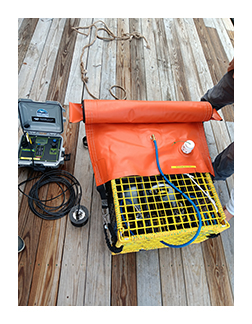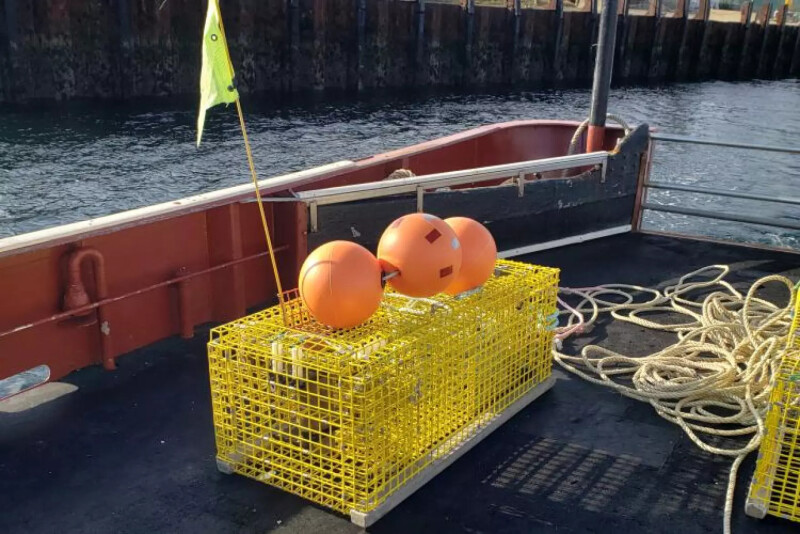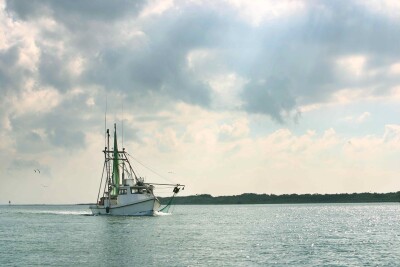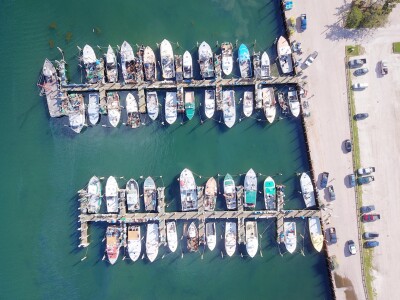Brooke Hachey from the Sunrise County Economic Council led an “on-demand” lobster fishing gear demonstration on a brisk February afternoon in Jonesport, Maine.
Maine Public covered and shared that the innovative technology aims to protect the endangered North Atlantic right whales by reducing the risk of entanglement, a pressing concern for marine conservationists.
Traditional lobster fishing methods employ vertical buoy lines that can inadvertently ensnare marine mammals. The on-demand systems, however, utilize acoustic signals from the vessel to trigger the release of a buoy and stowed rope, allowing fishermen to retrieve their traps without maintaining a constant vertical line in the water column. The approach of on-demand gear could significantly minimize the chances of whale entanglements.
Although there could be environmental benefits if the gear is used more, many Maine lobstermen have been hesitant to adopt the new technology. Their concerns range from the gear's reliability and cost to potential disruptions in fishing practices that have been honed over generations. While some Massachusetts lobstermen have embraced on-demand fear of accessing areas previously close to protect right whales, their Maine neighbors remain cautious.
In response to this reluctance, the Maine Department of Marine Resources (DMR) has launched a gear testing and lending program. This initiative aims to foster collaboration between industry members and scientists to evaluate the practicality and effectiveness of alternative gear retrieval technologies, including on-demand systems. Maine.gov shared that by involving fishermen directly in the testing process, the program seeks to address concerns and demonstrate the viability of these innovations.

During the Jonesport demonstration, approximately two dozen fishermen observed the deployment and retrieval of the gear. Some expressed cautious optimism, acknowledging that while the technology presents challenges, it could be a valuable tool, especially if regulatory measures necessitate temporary closures due to whale sightings. The hands-on experience provided by the DMR’s gear library allows fishermen to assess the equipment firsthand and foster more informed conversations about its potential integration into their operations.
The path to widespread adoption of on-demand fishing gear in the state of Maine is fraught with challenges. However, collaboration efforts between the fishing community and DMR signify a proactive approach to balancing the preservation of marine ecosystems with the livelihoods of those who depend on them.







